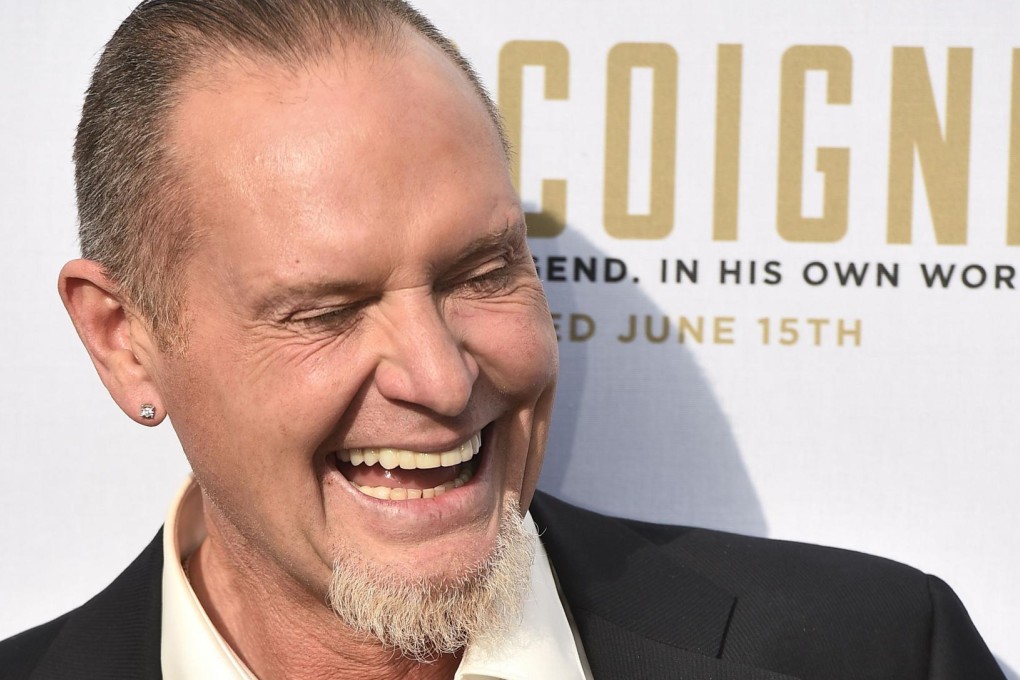The Gazza show: Paul Gascoigne makes a movie as he struggles to make ends meet
A movie about Paul Gascoigne, produced by him, tries to clear the air about his battle with demons but critics dismiss it as a quick-buck vanity project

Once upon a time in Gazza la-la land, getting an audience with the clown prince of football was free.
England's favourite son, Paul Gascoigne, willingly entertained anyone, anywhere, anytime, such was his pathological, childlike-need for attention.
Not any more. Twenty-five years to the week after one of the most talented players to put on a Three Lions shirt blabbed patriotic tears during the 1990 Italia World Cup, Gazza has wised up.
Sorry, Gazza won't do any interviews unless he is paid - £3,000 face to face or £1,500 for a phoner
Sober and correct, he's cashing in on his misfortunes, exploiting the media that so often milked his foibles and tortured soul during decades of madness: the drink, the drugs, arrests and blur of revolving rehab doors.
The maverick former Newcastle, Spurs, Lazio and Glasgow Rangers midfielder is back in the headlines promoting his new film, Gascoigne: The Man, The Legend, in his own words.

The film was made at his request and is partly produced by him because, he says, he can't trust the media to set the record straight - especially the British tabloids, which, he argues, drove him over the edge with their relentless intrusions.